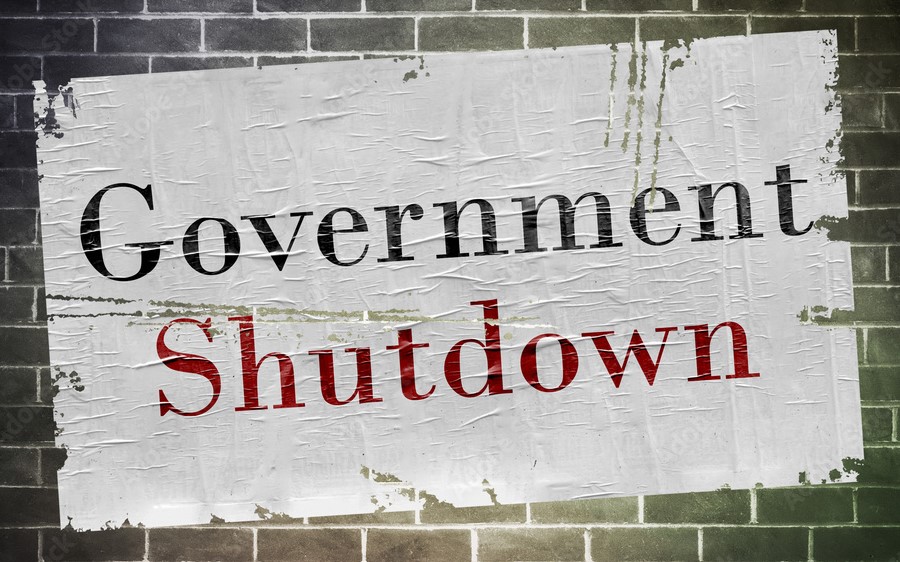The federal government is headed for its first shutdown in nearly seven years after Congress failed to pass a short-term funding bill before the Tuesday night deadline tomorrow. Without a deal, nearly every federal agency will be affected starting October 1, impacting millions of government workers, services, and everyday Americans.
Unlike the 35-day shutdown during President Trump’s first term — which spared several major agencies — this one could be much broader since none of the 12 annual funding bills have been approved. That means everything from the Pentagon to the Department of Education could face disruptions.
Essential services like military operations, air traffic control, and programs that protect life and property will continue. Social Security, Medicare, and Medicaid payments will keep going out since they are considered “mandatory spending.” The Supreme Court and most federal courts will stay open using permanent funds.
Millions of federal workers — including more than two million civilian employees and over a million active-duty military members — will work without pay or be furloughed. National parks and public lands may stay partly open but with minimal staffing, raising concerns about safety and damage as seen in the last shutdown.
The Department of Veterans Affairs will continue health care and benefits, but GI Bill hotlines, career counseling, and benefits offices will close. Immigration enforcement will continue largely unchanged, with most ICE and TSA employees working without pay.
The IRS is expected to continue processing returns and refunds for now, but leadership shake-ups and staff cuts could slow service if the shutdown drags on. Furloughed federal employees will receive back pay after the shutdown ends, thanks to a 2019 law. However, federal contractors are not guaranteed payment for lost work, leaving thousands in limbo.
Ending the shutdown will require Congress to pass either a stopgap bill or all 12 full-year funding bills. Republican leaders in the House and Senate have not yet opened formal negotiations with Democrats, making a quick resolution unlikely.
Members of Congress will still receive their paychecks during the shutdown, but many congressional staffers will be furloughed without pay until funding is restored.

